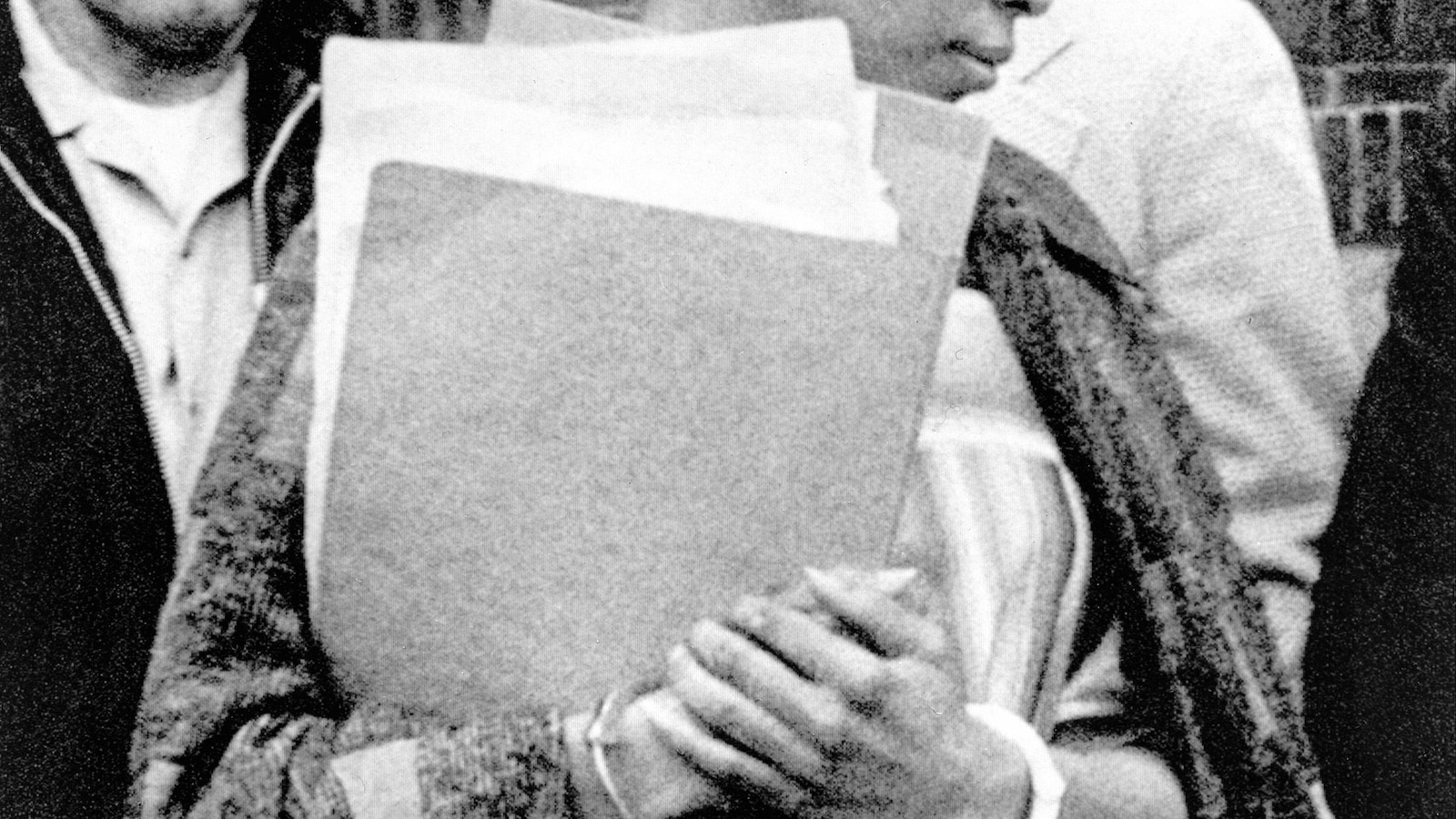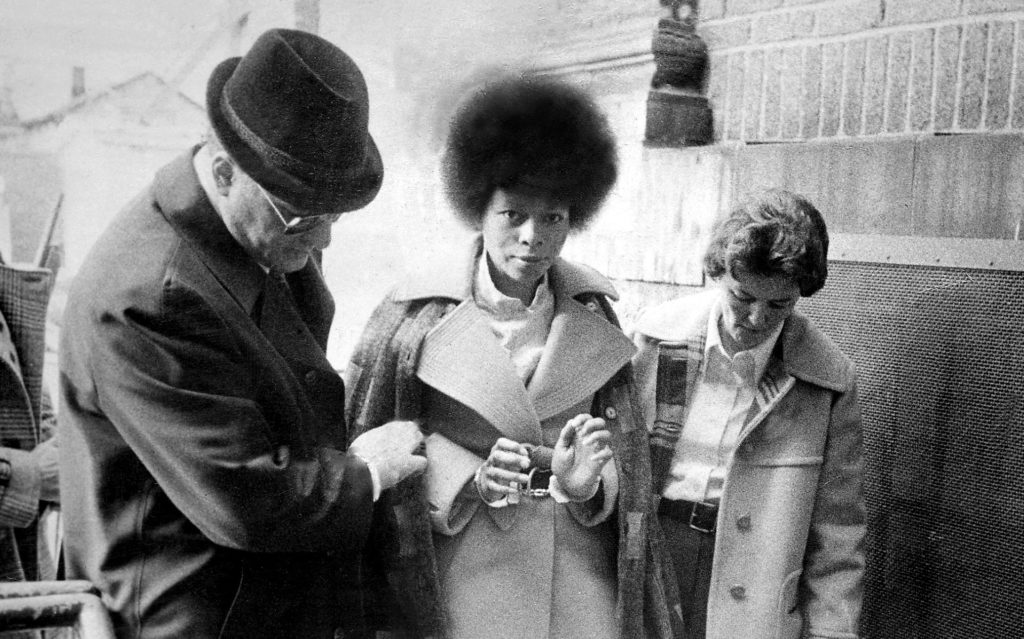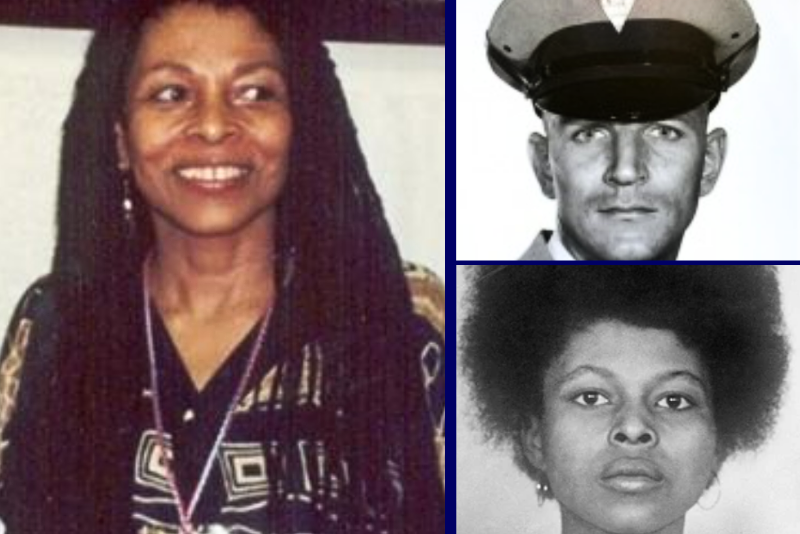Assata Shakur, Fugitive Black Militant and Activist, Dies in Cuba at 78
Assata Shakur, a Black militant and activist convicted of murder and a fugitive since 1979, has died in Cuba at 78 due to health conditions.
Subscribe to unlock this story
We really don't like cutting you off, but you've reached your monthly limit. At just $5/month, subscriptions are how we keep this project going. Start your free 7-day trial today!
Get StartedHave an account? Sign in
Overview
- Assata Shakur, a Black militant and activist, died in Havana, Cuba, at 78 due to health conditions and advanced age, according to Cuba's Ministry of Foreign Affairs.
- She was convicted in 1977 of murder, armed robbery, and other crimes, including the 1973 killing of New Jersey State Trooper Werner Foerster during a gunfight.
- Shakur escaped from a U.S. prison in 1979 while serving a life sentence and was granted political asylum in Cuba by Fidel Castro in 1984.
- As the first woman on the FBI's Most Wanted Terrorists list, she was sought by the U.S. since 1979, with New Jersey officials stating justice was never served.
- Her writings became a rallying cry for the Black Lives Matter movement, while New Jersey officials oppose repatriating her remains and call for extradition.
Report issue

Read both sides in 5 minutes each day
Analysis
Center-leaning sources cover Assata Shakur's death by presenting a balanced account of her complex life. They report her murder conviction and FBI "Most Wanted Terrorist" status alongside her claims of innocence, asylum in Cuba, and role as a Black Liberation activist. The coverage uses factual language, avoiding loaded terms, and includes diverse aspects of her public persona to maintain neutrality.
Articles (11)
Center (4)
FAQ
Assata Shakur was a Black militant and activist convicted in 1977 of the murder of New Jersey State Trooper Werner Foerster during a 1973 shootout. She became a fugitive in 1979 after escaping prison and was granted political asylum in Cuba, making her a controversial figure as she was the first woman placed on the FBI's Most Wanted Terrorists list and her activism and writings inspired movements like Black Lives Matter.
In 1973, Assata Shakur was involved in a shootout on the New Jersey Turnpike involving State Trooper Werner Foerster and others. Shakur was wounded, and Trooper Foerster and fellow militant Zayd Malik Shakur were killed. She was later convicted of Foerster's murder but argued that medical evidence showed she could not have fired a weapon due to an arm injury during the shootout.
Assata Shakur escaped from New Jersey's Clinton Correctional Facility for Women in 1979 with assistance from the Black Liberation Army and the May 19 Communist Organization. In 1984, she was granted political asylum in Cuba, where she lived until her death in 2025.
The U.S. government sought Assata Shakur's extradition after she escaped from prison and was granted asylum in Cuba. She was placed on the FBI's Most Wanted Terrorists list in 2013, becoming the first woman on that list. New Jersey officials have stated that justice was never served and oppose repatriating her remains.
Assata Shakur's writings and life story have become a rallying cry for the Black Lives Matter movement, symbolizing resistance against racial injustice and police violence.
History
- This story does not have any previous versions.











